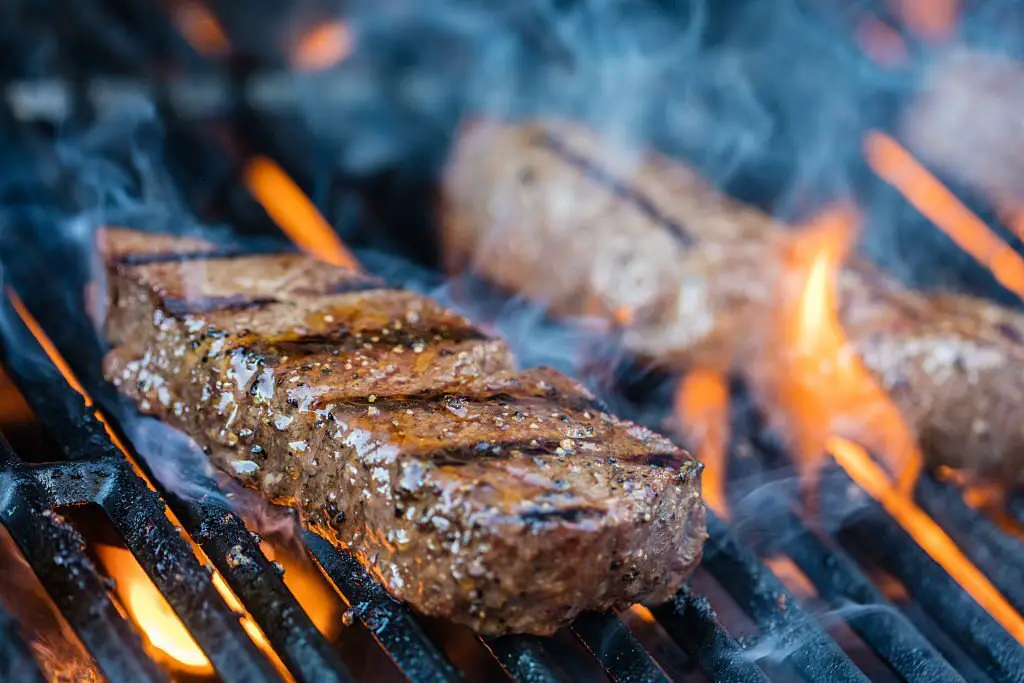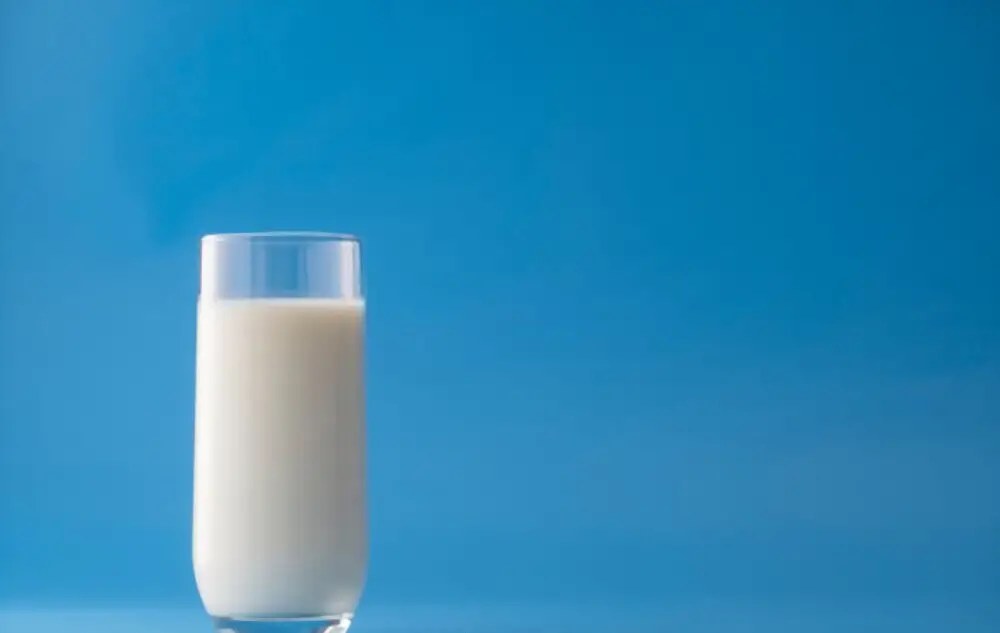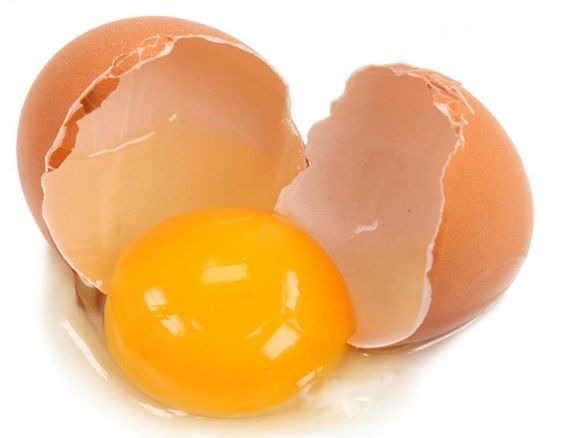When it comes to pregnancy, expectant mothers are often cautious about which food can cause miscarriage. They want to ensure that they consume foods that are safe and beneficial for both their health and the developing baby. However, there are certain foods that can potentially pose a risk during pregnancy, increasing the likelihood of miscarriage.
Understanding Miscarriage
Miscarriage, also known as spontaneous abortion, refers to the loss of a pregnancy before the 20th week. It is a heartbreaking experience that affects many couples worldwide. Miscarriages can occur due to various reasons, including genetic factors, hormonal imbalances, and maternal health conditions. While some causes are beyond our control, certain dietary choices can potentially increase the risk of miscarriage.
Factors Influencing Miscarriage
Genetic Factors:
Genetic abnormalities in the developing fetus can lead to a miscarriage. These abnormalities often occur randomly and are not influenced by the mother’s diet.
Hormonal Imbalance:

Hormonal imbalances, particularly low progesterone levels, can contribute to miscarriage. Progesterone is essential for maintaining a healthy pregnancy, and any disruptions in its levels can increase the risk.
Maternal Health Conditions:
Underlying health conditions such as diabetes, thyroid disorders, and autoimmune diseases can increase the likelihood of miscarriage. Proper management of these conditions, along with a balanced diet, is crucial during pregnancy.
Which Food Can Cause Miscarriage
Expectant mothers should be aware of the foods that are generally considered unsafe during pregnancy. These foods can pose a risk to the developing fetus and increase the chances of miscarriage. Here is a list of which food can cause miscarriage:
Alcohol:
Consuming alcohol during pregnancy is strongly discouraged, as it can lead to fetal alcohol syndrome and increase the risk of miscarriage.
Raw or Undercooked Meats:
Raw or undercooked meats, including poultry and seafood, can harbor harmful bacteria such as Salmonella and Listeria, which can cause infections and potentially lead to miscarriage.

High-Mercury Fish:
Certain fish species, such as shark, swordfish, king mackerel, and tilefish, contain high levels of mercury. Mercury is known to be harmful to the developing nervous system of the fetus and should be avoided during pregnancy.
Soft Cheeses:
Soft cheeses like Brie, Camembert, and feta may contain the bacteria Listeria, which can cause food poisoning and increase the risk of miscarriage. It is recommended to opt for pasteurized cheese varieties.

Unpasteurized Dairy Products:
Similar to soft cheeses, unpasteurized dairy products can also carry Listeria bacteria. It is advisable to choose pasteurized milk, yogurt, and other dairy products to minimize the risk.
Raw Eggs:
Raw or undercooked eggs can harbor Salmonella bacteria, which can lead to foodborne illnesses and potentially cause miscarriage. It is crucial to ensure that eggs are fully cooked before consumption.
Which Food Can Cause Miscarriage – Other Foods to Avoid
While some foods may not directly cause miscarriage, they have been associated with an increased risk when consumed in excessive amounts. It is important to moderate the intake of the following:
Caffeine:
High caffeine intake has been linked to an increased risk of miscarriage. It is recommended to limit caffeine consumption to 200 milligrams per day, equivalent to approximately one cup of coffee.
Excessive Vitamin A:
Consuming excessive amounts of vitamin A, particularly in the form of supplements, has been associated with an increased risk of miscarriage. It is advisable to consult with a healthcare professional regarding vitamin A intake during pregnancy.

Pineapple:
Pineapple contains an enzyme called bromelain, which in large quantities may stimulate uterine contractions. While a small amount of pineapple is generally safe, it is best to avoid excessive consumption, particularly in the early stages of pregnancy.
Papaya:
Unripe or semi-ripe papaya contains a substance called latex, which can trigger contractions and potentially lead to miscarriage. It is advisable to avoid unripe or semi-ripe papaya during pregnancy.

Herbal Teas and Supplements:
Certain herbal teas and supplements, such as those containing black cohosh, blue cohosh, or pennyroyal, have been associated with an increased risk of miscarriage. It is crucial to consult with a healthcare professional before consuming any herbal products during pregnancy.
How Many Raw Eggs Can Cause Miscarriage
The exact number of raw eggs that can cause a miscarriage is difficult to determine. It is important to note that consuming raw or undercooked eggs poses a risk of Salmonella infection, which can lead to foodborne illnesses and potentially harm the developing fetus.

While the risk of miscarriage may increase with the presence of Salmonella, it is not solely determined by the number of raw eggs consumed.
Pregnant women are advised to only eat cooked meals to avoid certain foodborne illnesses.
Sleeping Position That Can Cause Miscarriage
There is a common misconception that certain sleeping positions can cause miscarriage. However, it’s important to clarify that there is no scientific evidence to support the claim that a specific sleeping position can directly cause a miscarriage.

During pregnancy, it is generally recommended to sleep on your side, particularly the left side, as this position promotes optimal blood flow to the uterus and the developing baby.
Conclusion
In regard to which food can cause miscarriage, maintaining a healthy pregnancy requires attention to various factors, including diet. While there are certain foods that should be avoided during pregnancy to minimize the risk of miscarriage, it is important to remember that individual circumstances may vary. It is always advisable for expectant mothers to consult with healthcare professionals for personalized guidance and recommendations.


